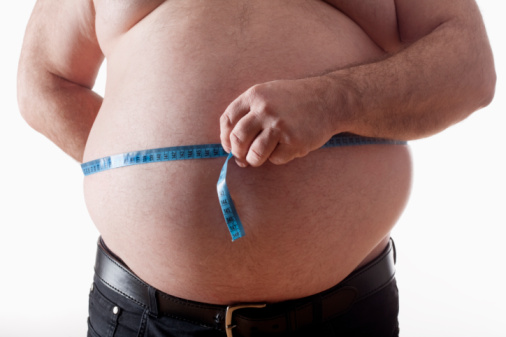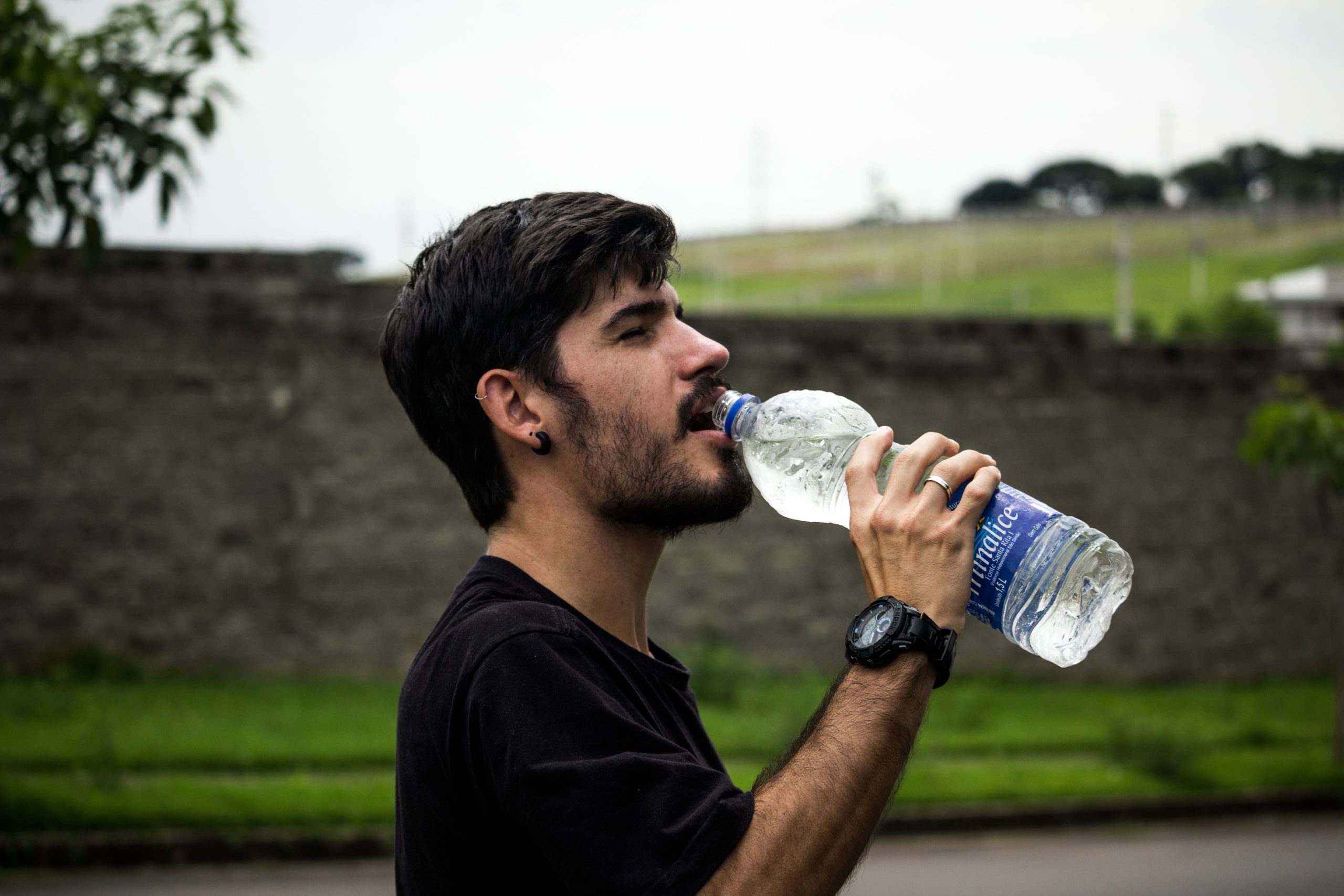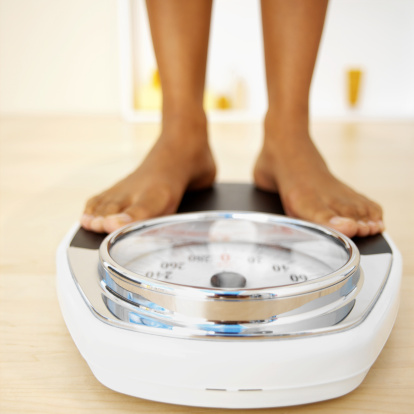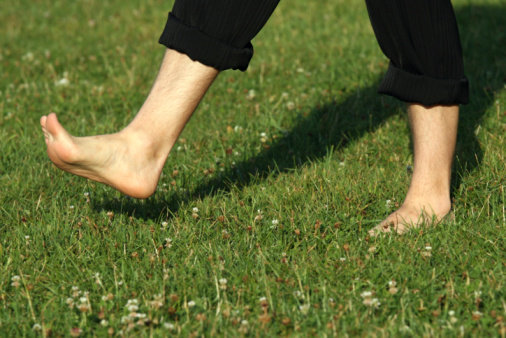5 Secrets for Flat Abs
5 Secrets for Flat Abs
Wish your stomach was flatter and more toned? Exercise alone will not get you a toned stomach—diet is a huge part of the equation.
Here are 5 ways to improve your eating habits that will dramatically flatten your abs:
Flat Abs Secret #1: Enjoy natural sweets

Traditional sugar-filled sweets will quickly add up around your waistline. Instead of going for sugary sweets, enjoy natural sweets.
Fruit is nature’s candy. Reach for sweet, seasonal fruit for dessert.
Avoid foods that contain white sugar or high fructose corn syrup. Consider these items ‘anti-flat-abs’.
Use wholesome sweeteners such as pure maple syrup, brown rice syrup or dates in your recipes instead of white sugar. Eliminate white sugar from your kitchen.
Flat Abs Secret #2: Don’t eat after 6pm

This is such a simple and effective way to lose fat. Late night eating is the most damaging to your waistline, so cut it out completely.
Brush your teeth immediately following dinner. Once your teeth are brushed, you’ve put a period to the consumption for the day.
Change your evening routine. If you’ve always ended your day watching your favorite shows with your hand in the snack bowl, then now is the time to change things up. Find activities that don’t revolve around food and stick with those.
Make it a habit. The first few weeks will be the hardest, but soon your new no-food-after-6pm routine will feel normal.
Flat Abs Secret #3: Eat more fiber
Most people simply do not get enough fiber in their diets. Fiber is essential when it comes to getting lean since it is low calorie while filling you up.

Instead of seeing salad just as a side item, make salads into meals. Add protein to a large pile of greens for a guiltless meal. Try this recipe for Grilled Salmon and Peach Salad below.
Make veggies a part of every meal. The benefits of eating more vegetables are too numerous to list, just know that your body will become healthier and leaner with each fibrous bite.
Fruits are a delicious source of fiber. Incorporate fresh, seasonal fruits into your daily diet.
Flat Abs Secret #4: Cut back on carbs
Notice I didn’t say to cut out all carbs, but rather to cut back on carbs. These diet tweaks are meant as lifestyle changes that you stick with long term. Cutting back on carbs is a realistic and very effective way to drop fat.

Always choose whole grain bread and pasta over white. Whole grains are less likely to be stored as fat than processed grains.
Eat half of the carbs you normally do. Eat your sandwich open-faced and reduce the size of your pasta serving.
Avoid carb-filled snacks between meals. Instead of crackers or chips, have fresh fruit and veggies.
Flat Abs Secret #5: Drink tons of water
Drinking plenty of water is another extremely simple way to promote fat loss. Chronic dehydration leads to false hunger signals and unnecessary calorie consumption.

Drink a large glass of water before each meal. This will prevent overeating.
Choose water instead of sugar-filled sodas and juices. Sugar-filled drinks are a huge weight-gain trap.
Carry a water bottle with you throughout your day. Keep water in the car and at your desk for constant hydration.
Eating right, coupled with challenging exercise, is the formula for a toned, lean body —so guarantee your results by teaming up with me.
Together we will come up with a fitness plan that is uniquely yours, one that fits your lifestyle and brings you promptly to your goals.
For more information, please contact fitness expert James Hazen at JamesaHazen@gmail.com












